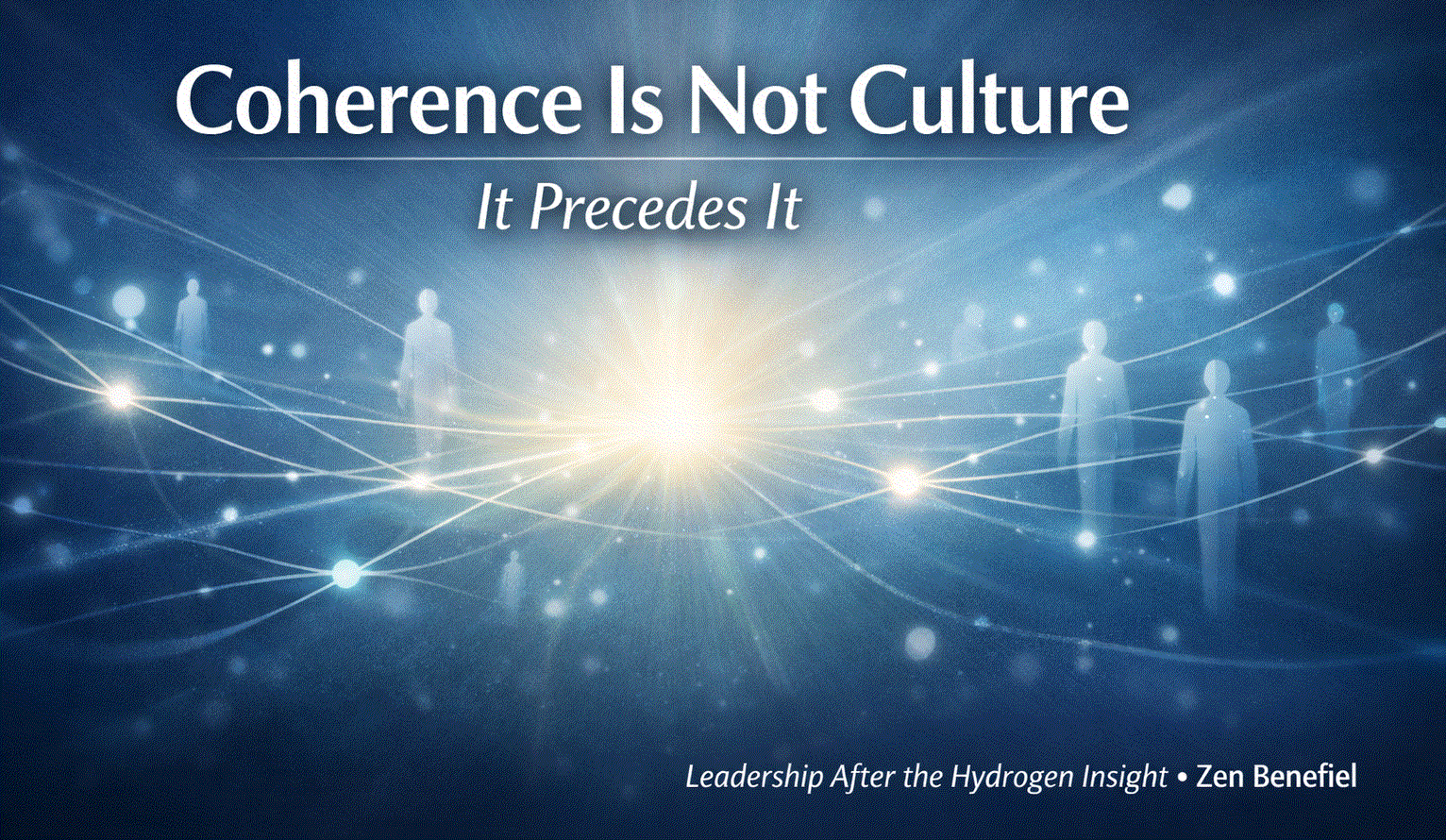Mar14

Platforms like Roblox and Fortnite have become essential destinations for brands looking to innovate, connect with younger audiences, and diversify their business models. But from a corporate perspective, are these gaming metaverses truly safe spaces, or do they present significant risks?
Direct Access to Young Audiences: Roblox, with over 70 million daily active users, and Fortnite, boasting more than 500 million registered accounts, offer brands unique opportunities to directly engage with Generation Z and younger millennials, audiences often challenging to reach through traditional channels.
Identifying Specific Niches: A notable advantage is the ability for brands to identify and target specific niches effectively. For instance, Roblox games like "Dress to Impress" are hugely popular among young girls, providing fashion or cosmetic brands an exceptional chance to directly connect with highly segmented and engaged audiences.
New Revenue Streams: Cases such as Nike’s Nikeland in Roblox (over 21 million visits) or Gucci’s successful sales of virtual goods demonstrate that brands can monetize immersive experiences, exclusive virtual products, and NFTs, generating significant economic benefits.
Brand Protection and Reputation: Presence in these metaverses exposes brands to potential negative or inappropriate user behaviors, which can directly affect corporate image if not properly managed.
Regulatory Compliance: Brands face considerable regulatory challenges, particularly regarding advertising to children, data privacy, and compliance with emerging regulations in virtual spaces.
Exposure to Fraud and Cybersecurity Threats: Trading digital goods and NFTs on these platforms increases vulnerability to fraud, phishing, or even counterfeiting of brand-linked virtual assets.
Nike (Roblox): Successfully adapted its youthful and sporty values to the digital environment, generating high engagement and strengthening brand image.
Gucci (Roblox & Sandbox): Proven profitability through exclusive virtual collections, establishing new digital monetization opportunities.
Walmart (Roblox): Their "Universe of Play" experience highlighted the importance of ethical transparency in child-focused advertising, generating controversy that could have been avoided with clearer regulatory handling.
Start with Controlled Pilots: Conduct pilot projects to gauge audience response before scaling initiatives.
Actively Manage Your Digital Brand: Establish strict moderation policies, content management, and identity protection guidelines within these spaces.
Set Clear Ethical Boundaries: Communicate transparently, especially in initiatives targeting children or involving sensitive personal data.
Build Real Value: Develop authentic experiences that genuinely resonate with your target audiences, avoiding purely commercial approaches that may lead to rejection.
Prepare for Crises: Maintain clear plans to swiftly manage potential crises or incidents, always safeguarding your brand integrity.
Gaming metaverses present significant opportunities but also clear risks for brands. Success depends on how strategically each company manages its presence, ensuring an ethical, safe, and value-driven approach to audiences.
Do you think brands should invest more in Roblox, Fortnite, and other similar metaverses? What's your experience or perspective on these digital spaces? I'd love to hear your thoughts!
#Metaverse #Innovation #Fortnite #Roblox #DigitalMarketing #Cybersecurity #AR #VR #DigitalTransformation
By Andres Leon
Keywords: AR/VR, Metaverse
 Coherence Is Not Culture — It Precedes It
Coherence Is Not Culture — It Precedes It Death of the Data Silo
Death of the Data Silo Capital Follows Electrons: How Electrification Is Driving Growth
Capital Follows Electrons: How Electrification Is Driving Growth Execution Is Cheap Now. Experience Is Everything. The BRAVE Upgrade for the Agentic AI Era
Execution Is Cheap Now. Experience Is Everything. The BRAVE Upgrade for the Agentic AI Era The 12 Best Countries for Retirees – Affordability & Taxation
The 12 Best Countries for Retirees – Affordability & Taxation